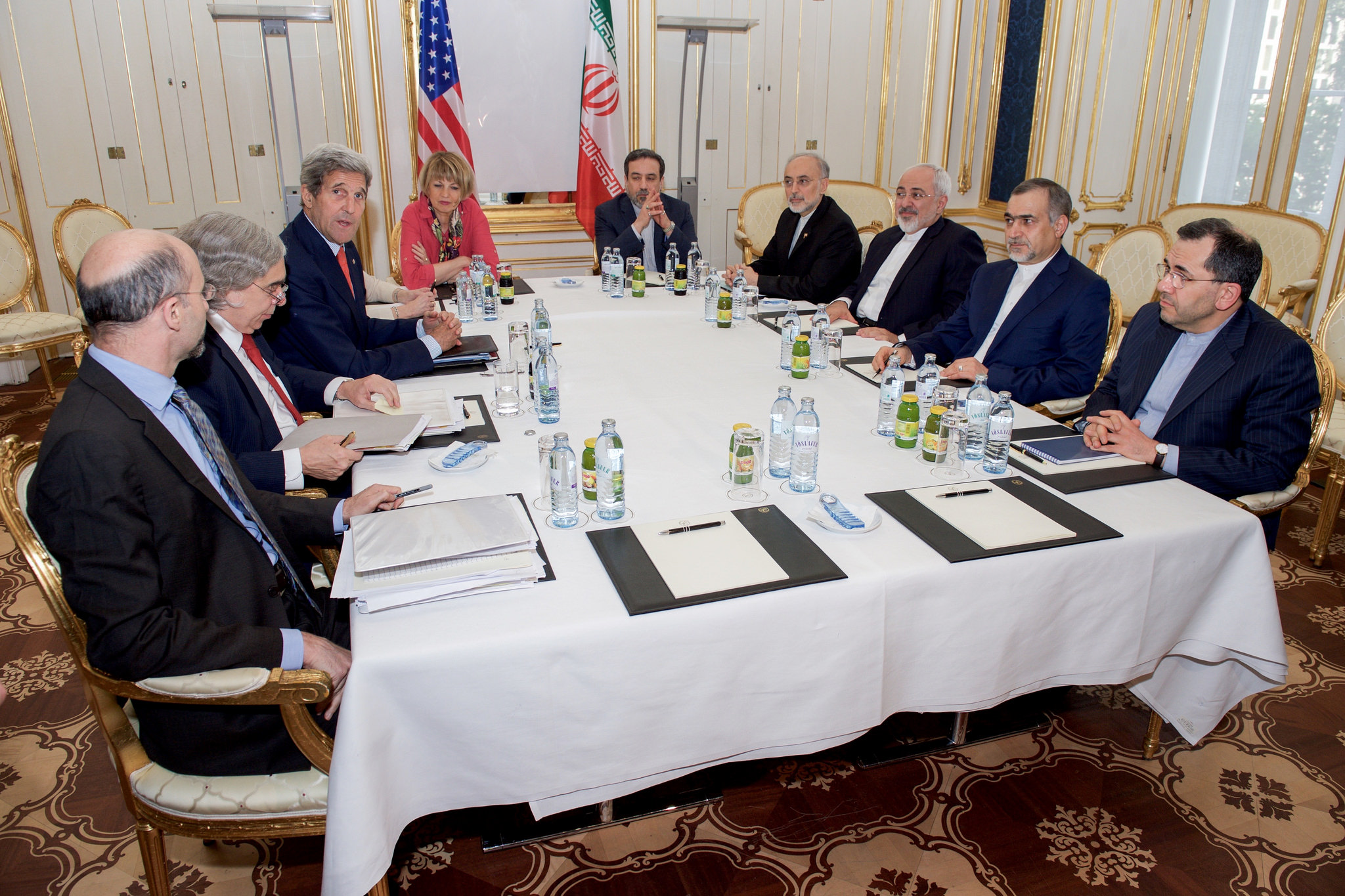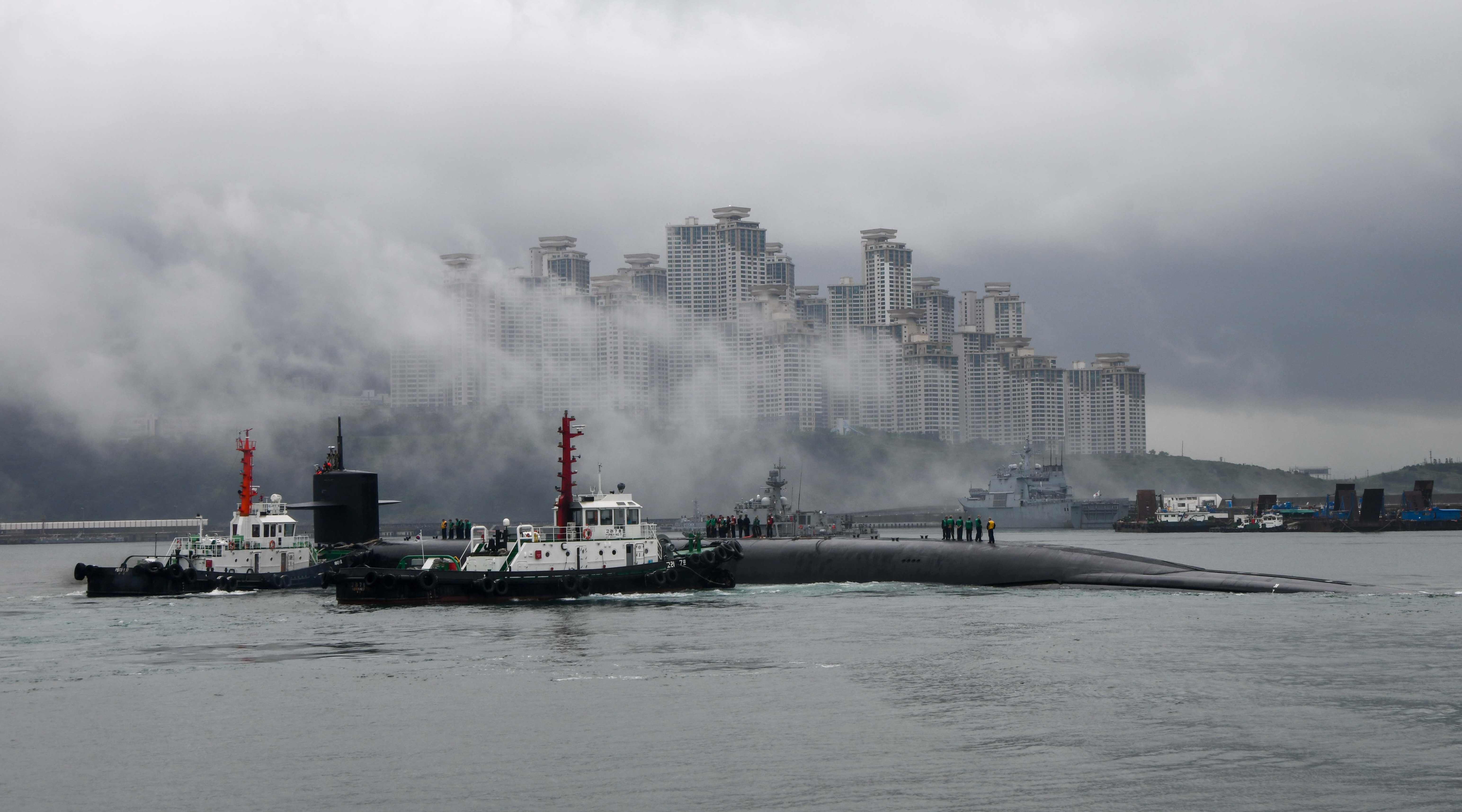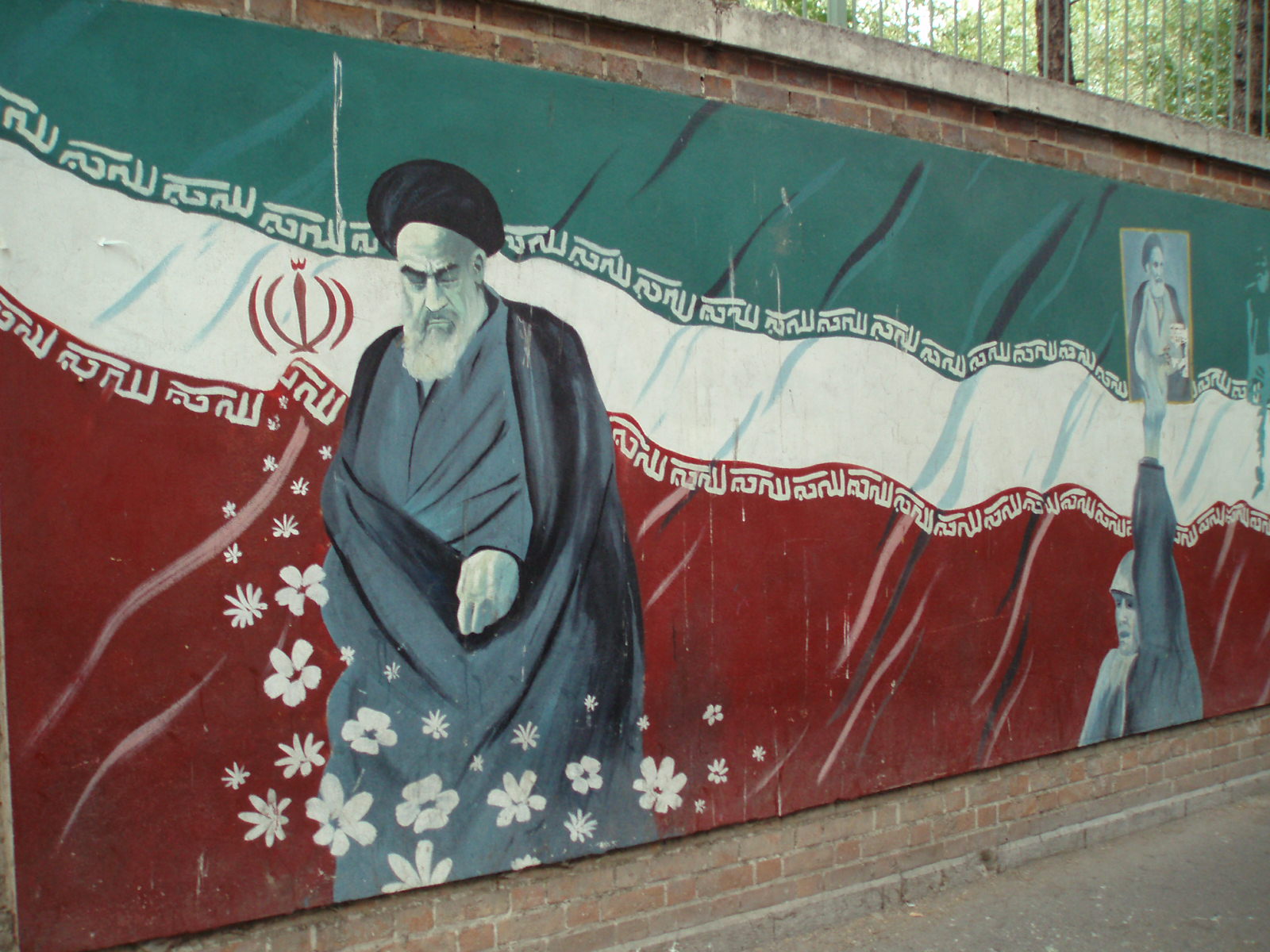
The ongoing nuclear negotiations with Iran have become highly politicized. With the U.S. 2016 presidential campaign beginning to spool into high gear there has been no shortage of proclamations on why each candidate thinks the framework for the Iran nuclear talks is a bad deal.
Underlying the logic of the critics is the syllogism that President Barack Obama and Secretary John Kerry are weak leaders; therefore, any deal that they negotiate will also be weak. This logic seems to be at the foundation of every criticism levied against the ongoing negotiations. Opponents argue that the negotiations should be abandoned and some other course of action pursued when — fill in the blank — is president.
It may be easy to slough off the political posturing and bravado of the opposing voices, but since the outcome of these negotiations likely will have a lasting, and potentially very significant impact on the security of the region, that often claimed critique warrants serious consideration.
The war theorist Carl von Clausewitz professed in a chapter of On War titled “Critical Analysis” that, “[tracing effects to causes, and investigation and evaluation] are the truly critical parts of historical inquiry, it is vital to analyze everything down to basic elements, to incontrovertible truth. One must not stop half-way, as is so often done.” This brief examination of the logic of the critics will heed Clausewitz’s advice and look to history in an effort to find examples to better understand the claims of opponents to any deal with Iran.
An example often used by the critics to explain their concerns with the Obama administration’s negotiations with Iran is the Munich pact negotiated by British Prime Minister Neville Chamberlain in September 1938. Chamberlain’s infamous claim—that the pact represented “Peace with Honor. I believe it is peace for our time!”— has been used by many critics to foreshadow their prediction of the disastrous outcome any agreement with Iran will deliver. Another implied syllogism being employed goes like this: Chamberlain was weak; therefore, the Munich pact failed to stop Adolf Hitler. Obama is weak; therefore, he will fail to stop Iran with any P5+1 – the five permanent members of the U.N. Security Council (U.S., U.K., China, France and Russia plus Germany — agreement.
The lessons from Munich have oft been repeated to justify a more muscular U.S. response to a variety of geopolitical problems. For example, President George H. W. Bush used Munich to justify stopping Saddam in 1990; his son President George W. Bush used it to topple Saddam in 2003; and in between these two, President Bill Clinton (and notably his Secretary of State Madeleine Albright) used it to justify actions against Serbia in 1999. Of note, in each case where American leaders cited Munich as the best way to explain a crisis, war was the decided course of action. While that fact alone should give us pause, the more important question is: Does Munich even apply as an historical reference for understanding the P5+1?
One of the more obvious differences is that unlike Chamberlain, who was joined only by France, the United States is joined by China, France, Russia, the United Kingdom and Germany. It is six versus one at the negotiating table. Those five permanent members of the U.N. Security Council, plus Germany, bring a powerful weight to the conversation that the U.K. lacked in 1938.
Second, the U.K. was not in a strong military position in 1938. Britain needed to buy time, in order to prepare for war, if that should come. The contrast is that the United States and its regional allies have, in many ways, been preparing for a conflict with Iran since at least 1980. Our military posture in the region is strong, and can quickly be increased in the event of a crisis. That stands in stark contrast to the Western powers emerging from both World War I and the Great Depression. Germany took advantage of their neighbors’ weakness and their disdain for war, but no such parallel exists for Iran today. Unlike the U.K. and France of 1938, many opponents to the negotiations with Iran seem all too ready to launch the bombers.
Perhaps the critics of the P5+1 are so enamored with the option of military force because they know it is available. Frankly, the British and the French of 1938 had no comparable military might to back their opposition to Hitler and Benito Mussolini. The negotiations in 1938 came from a position of weakness; the contrast to today’s negotiations with Iran is quite the opposite. In the case of Munich, a perceived weak leader was fooled into an agreement by evil men who had no intention of ever abiding by the agreement. While that may be possible with Iran, it stretches the imagination to see how Iran can break the agreement without detection.
There was no team of inspectors in Germany, unfettered access to German weapons sites, monitoring devices, or powerful allies with skin in the game—yet, all of those variables exist already with Iran, and will reportedly be strengthened following any agreement. Britain and France had little that they could do to stop Germany and the rapid conquests of the Wehrmacht in 1939–40 would prove as much to be true. In contrast Iran would suffer grave consequences for such deception and betrayal of trust.
Thus, historical inquiry of this commonly cited point of reference by critics of the P5+1 deal reveals little comparison between 1938 and the negotiations with Iran today. Even if it is a “bad deal” there is a lot we can do about compelling Iran with other means of national power, and we have powerful allies to back us.
A better example of the “weak leader” syllogism perhaps can be tested by examining the 1978 Camp David Accords between Israel and Egypt. Prime Minister Menachem Begin of Israel, President Anwar Sadat of Egypt, and U.S. President Jimmy Carter met for 13 days at the Camp David presidential retreat and emerged from the negotiations with an historic agreement that fundamentally changed the Middle East region. The Camp David Accords led to a peace treaty between two countries that had fought three major wars, and a number of minor conflicts in the first three decades of modern-day Israel’s existence.
Thus, the peace that began with the Camp David Accords in 1978 has weathered a number of challenges, on both sides of the border. Yet it still stands as an example of a deal negotiated by a president that many opponents perceive as weak; his handiwork turned out to be a lasting success. During the Camp David agreements important concessions were made, Israel agreed to abandon the Sinai, and Egypt became the first Arab nation to formally recognize the state of Israel. Hard political choices had to be confronted by both leaders when they returned home, but the test of time has proved the efforts were worth the sacrifice.
The agreement between Israel and Egypt also included the use of U.N. inspectors, lifting of sanctions (i.e., U.S. military aid began flowing to Egypt), U.N. peacekeepers monitored military activity in the Sanai region, and shared intelligence was provided by the United States. Many modern-day equivalents to those verification methods, which led to the success of the agreement between Israel and Egypt, are proposed in the P5+1 framework.
The fact is President Carter, a favorite punching bag of many pundits and critics in the United States, negotiated this agreement and it has lasted almost four decades. For those that believe that Carter was a weak president, this agreement stands as a contradiction to the weak-leader logic. Even Israel’s Benjamin Netanyahu stated during the 2011 Arab Spring crisis in Egypt that the treaty “has served both nations well.”
So perhaps the foundational assumption of the critics that Obama and Kerry are weak; therefore any deal they negotiate will be weak is false. In the field of mathematics the success of the Camp David agreement would be called proof by contradiction to the weak leaders = weak agreements logic used for the soon-to-be decided P-5+1 negotiations. Using Clausewitz’s terms, perhaps it illustrates an “incontrovertible truth” that one arrives at when they don’t stop “half-way” in Munich.




